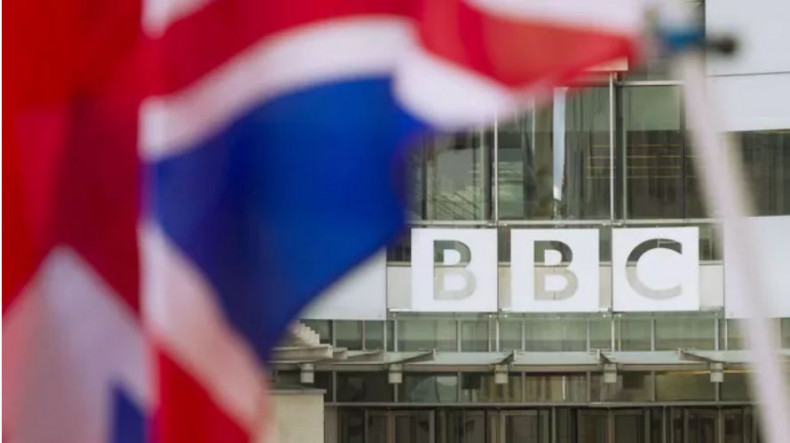
BBC chairman quits over Boris Johnson loan row
BBC chairman Richard Sharp has resigned after a report found he did not disclose potential perceived conflicts of interest during his appointment, BBC News reports.
It looked at whether he was transparent about his role in the facilitation of a loan to Boris Johnson.
Mr Sharp apologised, saying he did not want to be a distraction for the BBC.
The chairman, who was appointed by the prime minister, has been under pressure to quit since claims about his involvement emerged in January.
They prompted an investigation led by barrister Adam Heppinstall which was published on Friday.
The report found that he had failed to disclose two potential perceived conflicts of interest: first, by telling Mr Johnson he wanted to apply for the BBC role before doing so; and second, by telling the PM he intended to set up a meeting between Mr Blyth and Mr Case.
It notes that Mr Sharp does not accept the first conclusion, but he has apologised for the second.
Mr Sharp called the breach of public appointment rules "inadvertent and not material".
He has previously accepted that he arranged a meeting between the country's most senior civil servant, Cabinet Secretary Simon Case, and Sam Blyth, a distant cousin of Mr Johnson who had offered to provide financial assistance to the then PM in late 2020.
At the time of that meeting, Mr Sharp, an ex-investment banker and Conservative Party donor, had already applied for the senior BBC job.
The investigation was set up by the Commissioner of Public Appointments to investigate claims which first appeared in the Sunday Times.
The report found "there is a risk of a perception that Mr Sharp was recommended for appointment" because he sought to assist the PM in a private financial matter "and/or that he influenced the former Prime Minister to recommend him by informing him of his application before he submitted it".
The report did not make a judgement "on whether Mr Sharp had any intention of seeking to influence the former Prime Minister in this manner".
It also said the breach did not necessarily invalidate the appointment, but Mr Sharp said he was quitting in order to "prioritise the interests of the BBC".
Newsfeed
Videos






























